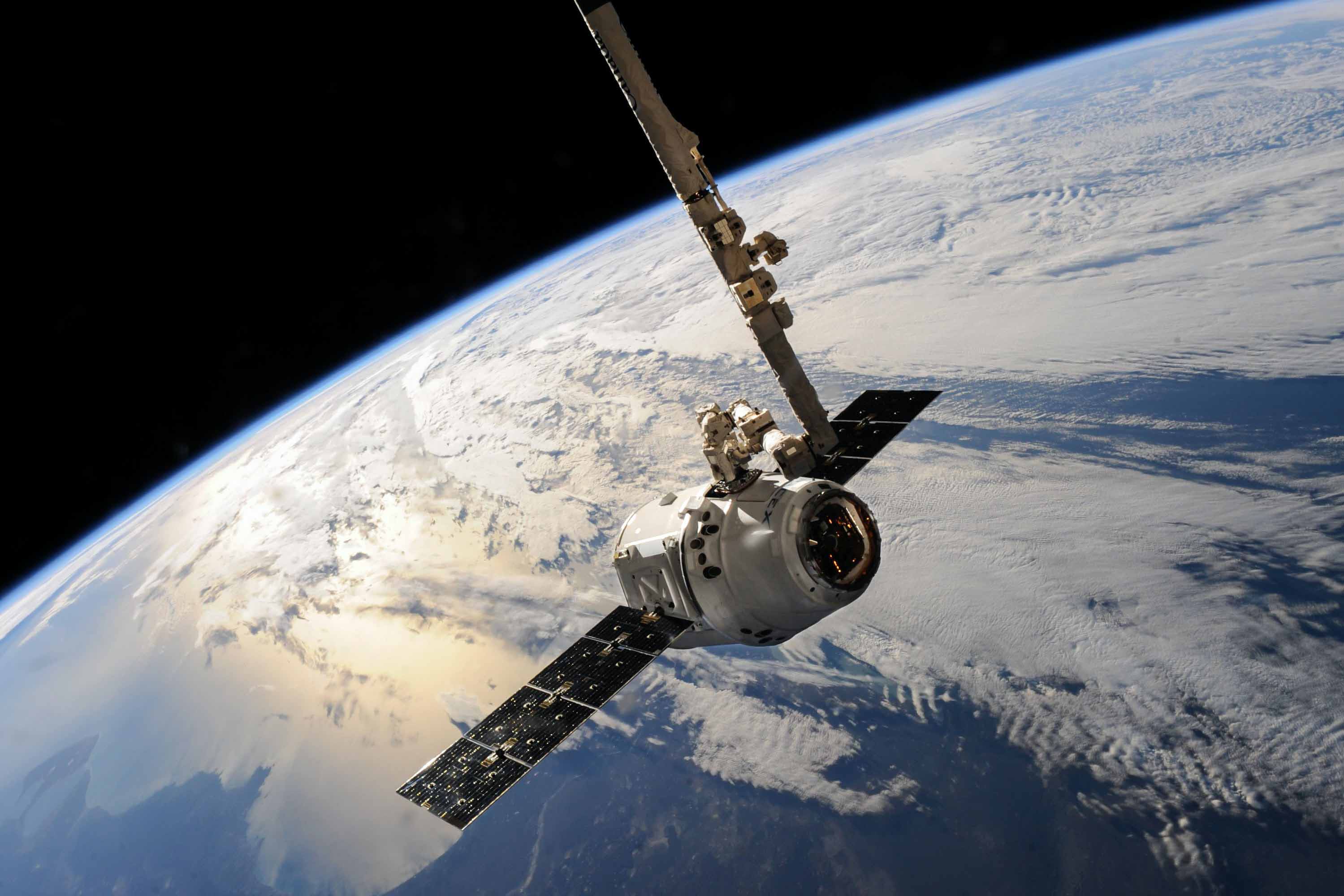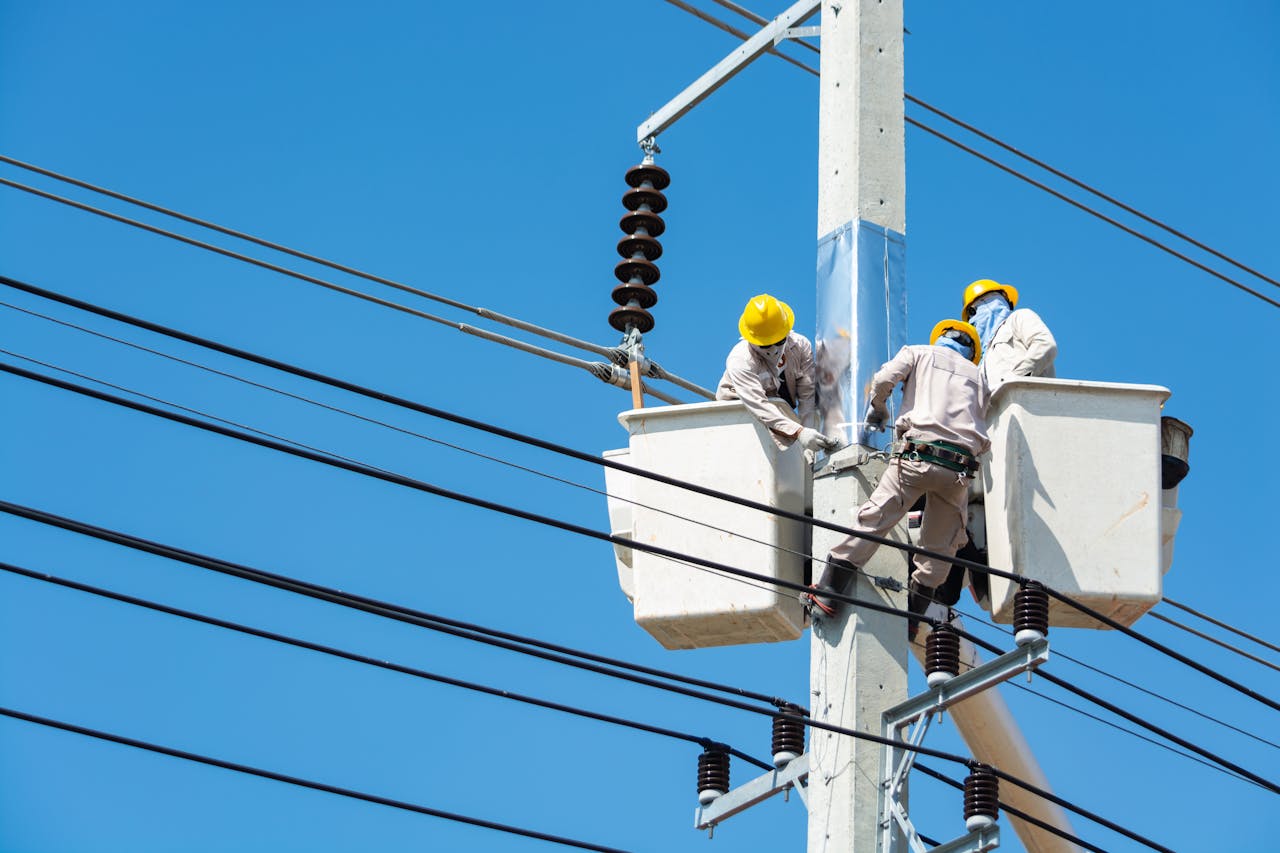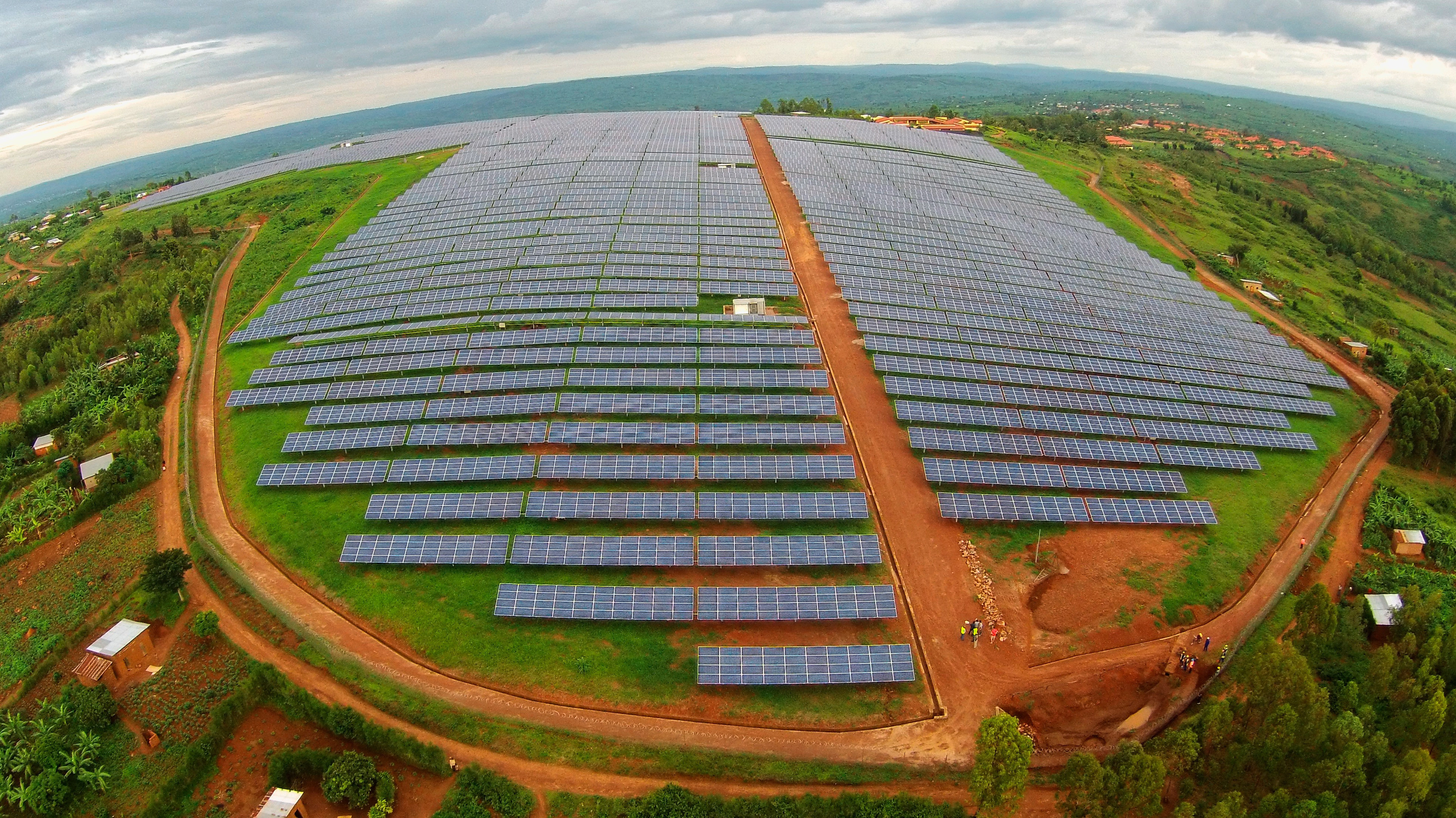The US is concerned about the speed of China’s progress in outer space. Scott Firsing delves into Beijing’s closer space diplomacy with its African BRICS colleagues and Washington’s ambitions to keep up.
It’s no secret Washington is nervous about China’s growing list of outer space achievements and their even bigger ambitions.
“For the first time in decades, US leadership in space and space technology is being challenged,” said Troy Meink, America’s principal deputy director of the National Reconnaissance Office (NRO) at the 39th Annual Space Symposium in Colorado Springs. The NRO builds and operates America’s fleet of spy satellites.
At the same conference, the Head of the US Space Command General Stephen Whiting, emphasised that: “Frankly, China is moving at a breathtaking speed. Since 2018, China has more than tripled their on-orbit intelligence, surveillance and reconnaissance satellites.”
Besides low earth orbit satellites, China’s recent space related accolades is nothing short of amazing. They include Beijing’s 2013 Moon landing, building a crewed space station called Tiangong, sending a robotic rover to Mars, and becoming the first country to make a controlled landing on the far side of the Moon. Just last month, China launched a relay satellite and two mini satellites for the Chang’e 6 located on the far side of the Moon. All three probes successfully entered lunar orbit on 24 March.
This same time period saw China greatly expanding its space cooperation with African space programs. Beijing’s reliable and evolving Long March rocket family has launched satellites for African countries including Algeria, Nigeria, and Sudan, as well as for the newest African BRICS members Ethiopia and Egypt. The Chinese have also used their construction expertise to recently build Ethiopia’s ground station to receive high-quality satellite data at the Entoto Observatory and Space Science Research Center in Addis Ababa.
Egypt will soon host the African Space Agency headquarters in Cairo and is further increasing its cooperation with Beijing. China finished building a satellite assembly and test centre in Cairo in in June 2023. In December the same year, China and Egypt signed a series of space agreements including cooperating on the China-led International Lunar Research Station (ILRS).
China plans to involve many of its BRICS allies in their ILRS Project. In 2021, Beijing signed an MOU with the other BRICS space heavyweight Russia to build the ILRS that will be a “comprehensive scientific experiment base” on the lunar surface and/or in lunar orbit to carry out “multidisciplinary and multiobjective scientific research activities.” South Africa joined the project in September 2023 and the South African National Space Agency (SANSA) will cooperate in the demonstration, mission implementation, operation and application, education and training of the ILRS project.
South Africa, an original BRICS member, still has one of the most advanced space industries in Africa. They continue to partner with Beijing in multiple space related areas. The China National Space Administration points out China-South Africa space cooperation extends from near-Earth operations to lunar and deep-space explorations. Moreover, within the framework of the BRICS Remote Sensing Satellite Constellation, South African and Chinese space agencies plan to collaborate on remote sensing data exchange and application, and on satellite ground stations.
US orbiting
At the same time, South Africa’s space cooperation with the US remains strong and has even deeper roots compared to China. South Africa launched its first satellite in 1999 from America’s Vanderburg AFB in California. South African Elon Musk’s also launched three of SA’s nano satellites produced in his birth country in January 2022. South Africa leads the African space programs with 13 satellites currently in orbit, more than any other African country.
Also in 2022, NASA and SANSA renewed their partnership in lunar exploration with the groundbreaking of a new communications site in Matjiesfontein located 150 miles northeast of Cape Town. The site will support US Artemis missions to return humans to the Moon and beyond. In fact, the US and South Africa have worked together on Moon related projects dating back to the 1960s when South Africa’s ground tracking station outside Johannesburg at Hartebeesthoek played a role in NASA’s Apollo missions.
The US would like to see further US-African space cooperation including more involvement with the 270+ space companies in Africa. Many are startups, but together they aim to develop space technologies and services throughout the continent. The African space sector now employs approximately 19,000 people, compared to the 183,000 people in the US space industry.
The US Government and American space industry recently brought a formidable delegation to the 2024 NewSpace Africa Conference held in Luanda, Angola in April. Gabriel Swiney, Director of the US Office of Space Commerce’s (OSC) Policy, Advocacy, and International Division noted the significant representation from African governments at the conference as well. Swiney comes to OSC from NASA and strongly promoted America’s urge to facilitate business in Africa and to expand its networks to grow and advance Africa’s technological landscape.
As the US and China engage in a long-term tussle of global geopolitics and international relations, expect to see more headlines with “space diplomacy” and “Africa” in them. Both countries will continue to leverage their strength in space to foster partnerships with African countries that support Africa’s development agendas. On the bright side, “space” requires a broader investment into fields like education and technology. Washington promoting this type of investment compared to its more historic and frowned upon aid or military related projects is something African leaders are likely to welcome.
Photo credit: NASA used with permission CC BY-NC-ND 2.0 DEED






Africa must co-operate with all peoples of the world to promote peaceful development, having suffered in the last 1000 years from the rest of the world.